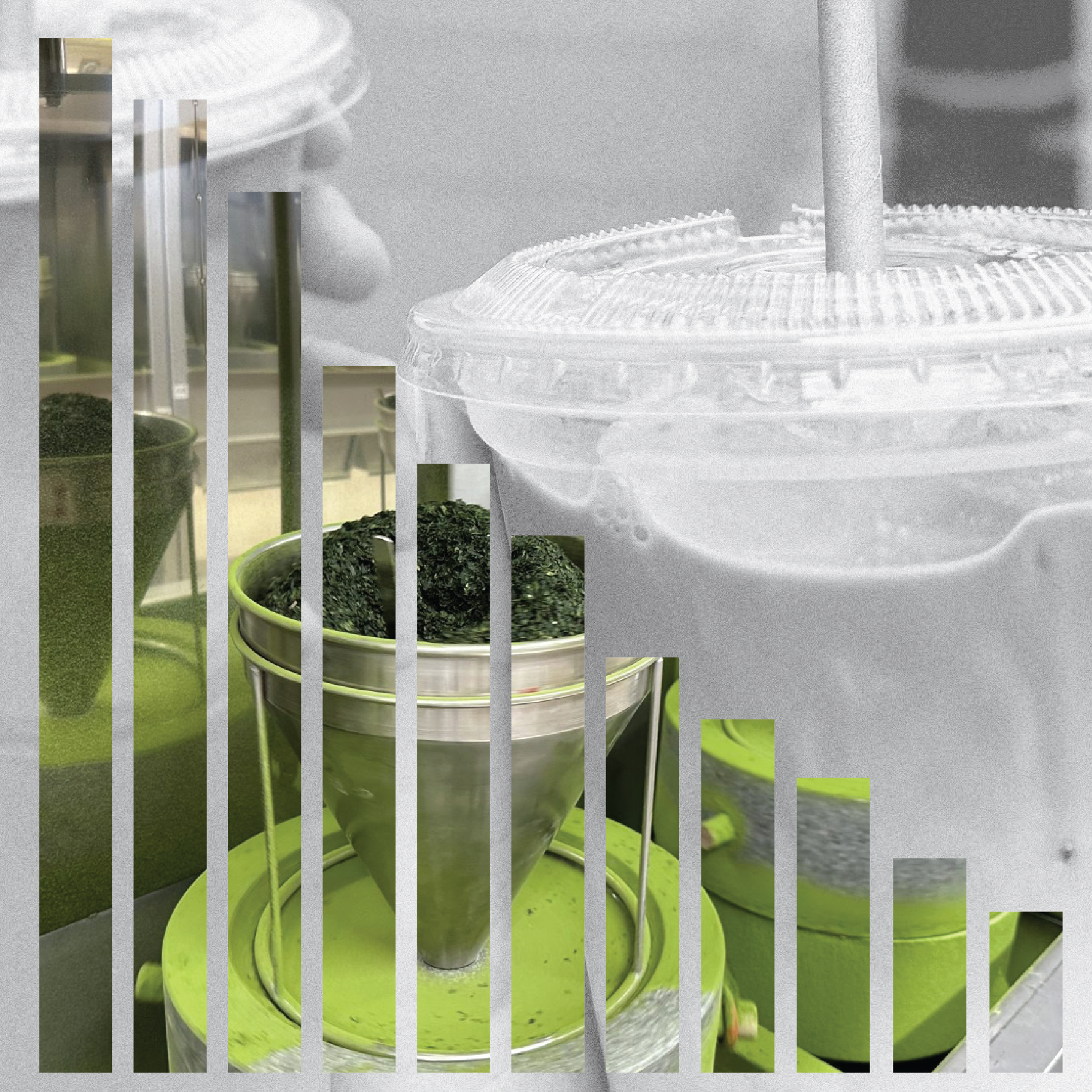Albany High School Graphic Design
Student Showcase 2007-2022
- A Problem To Solve
- Blend Tool Poster
- Book Covers
- Editorial Clipping Mask
- Editorial Graphic
- Flatten The Curve
- Focal Points
- InDesign Spread
- Pen Tablet Sketch
- Perf Film Windows — C106
- Photoshop Brush Face
- Product Flyer
- Product+Company Mashup
- Signs & Symbols
- Something is Back!
- Spec Ad—Poster
- T-shirts & Apparel
- Text-heavy Billboard
- The Perfect Color
- Thinking With Type
- Typeface Postcard
- Volleyball Poster
- Zachary’s Poster
- Things My Friends Say
- Journalism/Security Free Choice Assignment
- AHS Front Photoshop
- A Problem To Solve
- Blend Tool Poster
- Book Covers
- Brandmark Practice
- Editorial Clipping Mask
- Editorial Graphic
- Flatten The Curve
- Focal Points
- InDesign Spread
- Pen Tablet Sketch
- Perf Film Windows — C106
- Photoshop Brush Face
- Product Flyer
- Product+Company Mashup
- Signs & Symbols
- Something is Back!
- Spec Ad—Poster
- T-shirts & Apparel
- Text-heavy Billboard
- The Perfect Color
- Thinking With Type
- Typeface Postcard
- Zachary’s Poster
- Things My Friends Say
- Journalism/Security Free Choice Assignment

Margaret Chen
PROFILE/DESCRIPTIONShortages, Smoothies and Fraud: The Matcha Market Cracks Under Pressure
Once consumed mainly in small, formal tea ceremonies, matcha is now mixed into fruity lattes and preyed on by counterfeiters. Can it survive its own popularity?
Article text courtesy of nytimes.com
Over four centuries, Japan built a tradition of drinking matcha that was based on four principles: wa, kei, sei and jaku, or harmony, respect, purity and tranquillity.
It took just a few years for a worldwide matcha craze to upend those values and replace them with disharmony, disrespect, impurity and fraud.
Highly respected Japanese firms are at war with scores of vendors who resell their matcha far above the normal retail price on Amazon, Facebook Marketplace and other sites. Others are hawking the tea trade’s equivalent of $45 Chanel bags, counterfeit packages filled with third-rate product, or with ordinary tea ground to a dull yellow dust.
Tea firms that have built their reputations over centuries are in despair. Marukyu Koyamaen, founded by Kyujiro Koyama in 1704, has been taking action against counterfeiters for eight years, fighting them in court and making its own packages more difficult to copy.